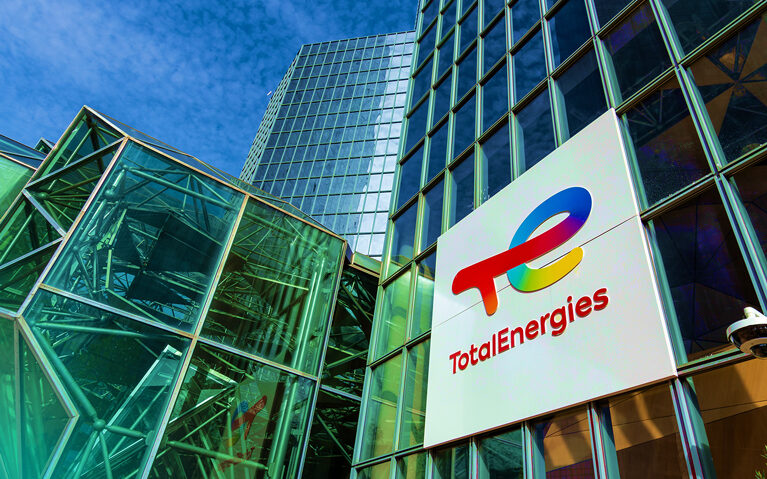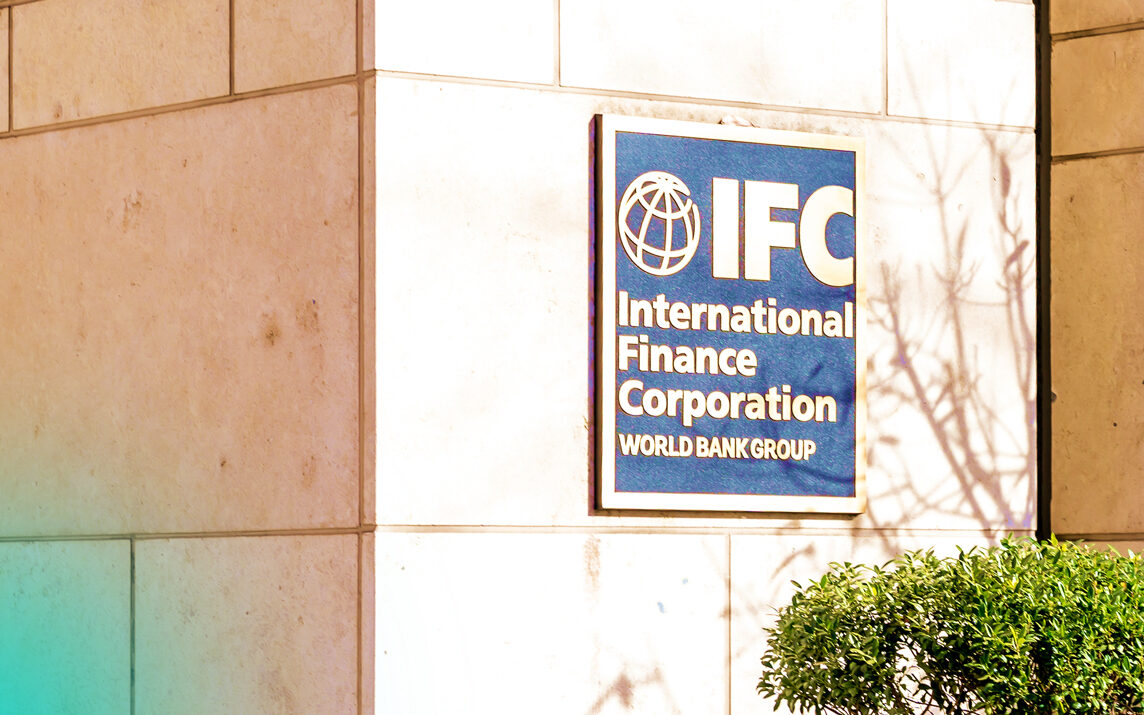On 20 June 2025, the Honourable Mrs. Justice May DBE of the English High Court of Justice, King’s Bench Division, London (the “Court”), handed down a landmark judgment on core legal issues relating to liability for oil spills under Nigerian law, further to the legal opinions of Godwin Omoaka, SAN (“GOO”), and other experts on the matters considered.
In the judgment, the Court substantially preferred the legal opinion of GOO on the Nigerian law issues and ruled in favour of Shell on most of the preliminary issues, including those outlined below:
On limitation period: The Court accepted GOO’s opinion that oil pollution claims are subject to limitation periods and that the applicable limitation period shall be that set by the state where the oil pollution occurred.
On third-party interference: The Court held that, while an oil pipeline holder may be liable for third-party interference with its pipelines where negligence is established, it could not, at present, see how pollution caused by the illegal refining of oil stolen from Shell’s pipelines could fall within the scope of Shell’s duty to protect its pipelines.
On causation: The Court also accepted GOO’s opinion that liability would attach only to the party identified as the “most responsible cause” of the pollution, rejecting the counter-opinion that a material contribution test would apply.
On fundamental rights: The Court accepted GOO’s opinion that some of the fundamental rights claims sought by the claimants were not horizontally enforceable and thus could not be enforced against private entities like Shell. The Court also agreed that the fundamental rights claims sought in these proceedings by the claimants were merely ancillary to the main claim — environmental pollution — and therefore would not benefit from the relaxed procedural rules (such as exemption from limitation periods) that sometimes apply to fundamental rights actions in Nigeria.
The suit, Alame & Ors. v. Shell, was instituted against Shell in 2015, sought to determine primarily the common law and statutory liabilities of oil pipeline licence holders for oil spills including those caused by third party interference and whether they can give rise to fundamental rights actions under the Constitution and the African Charter.
The existential preliminary issues have been determined by the Court through this landmark decision, the main trial is scheduled to take place in 2027.



